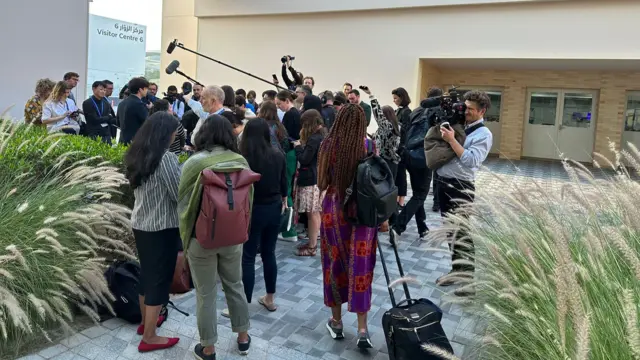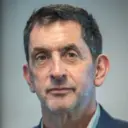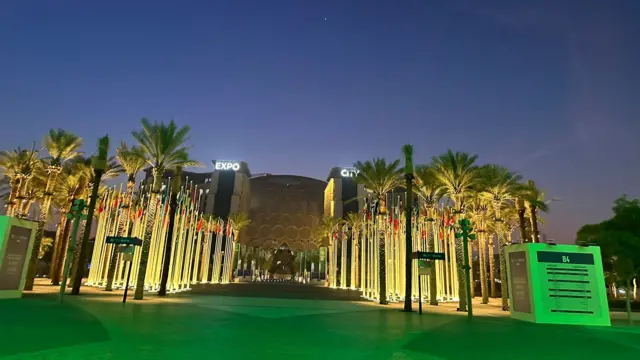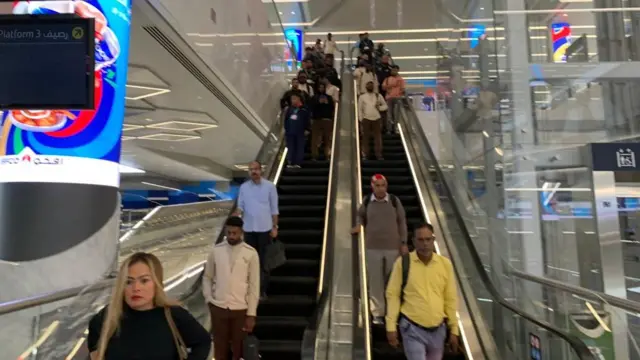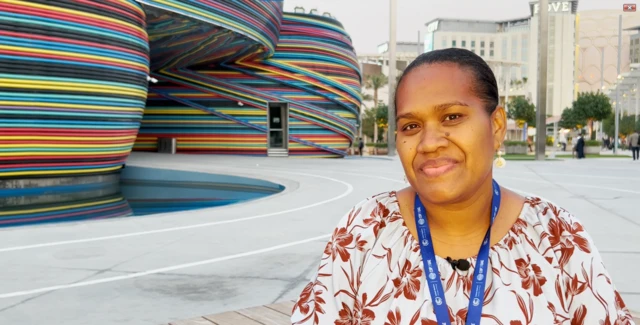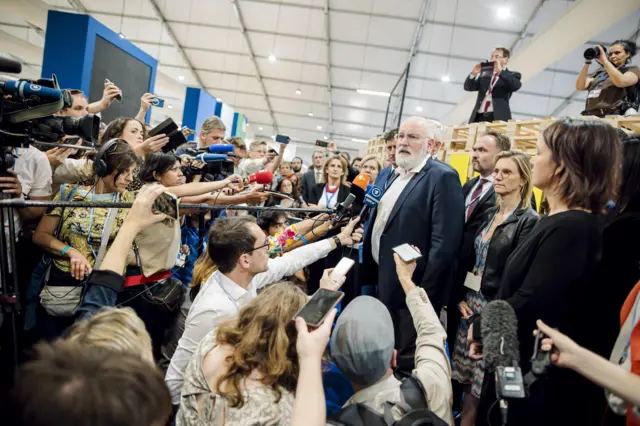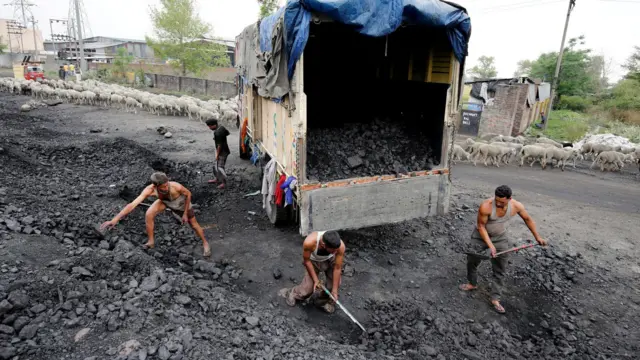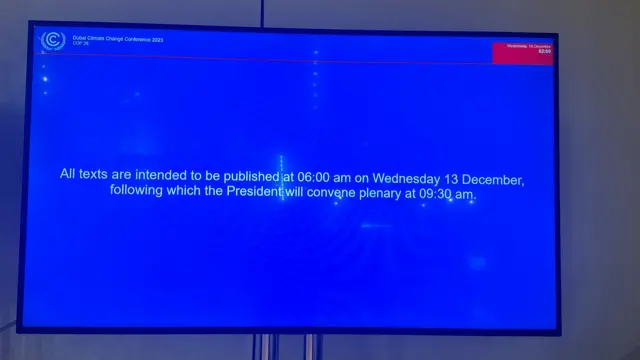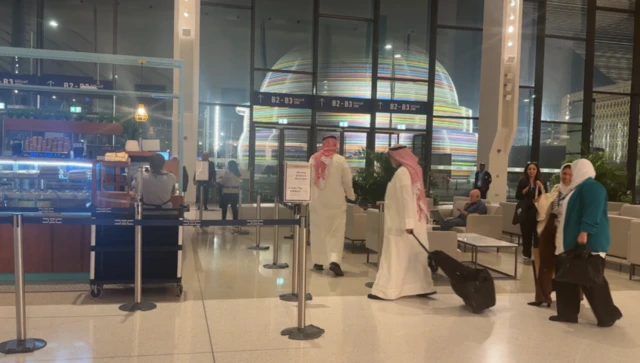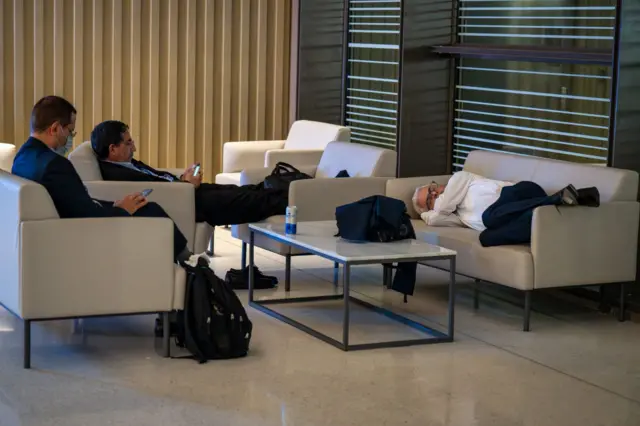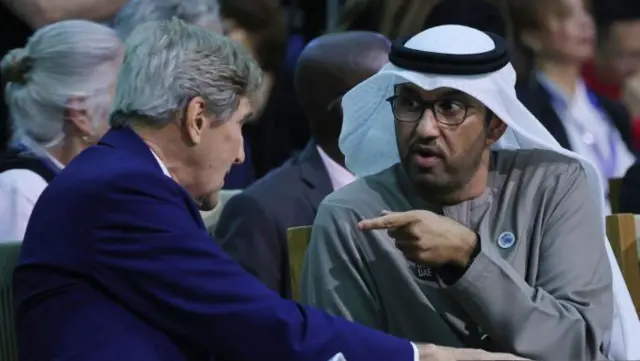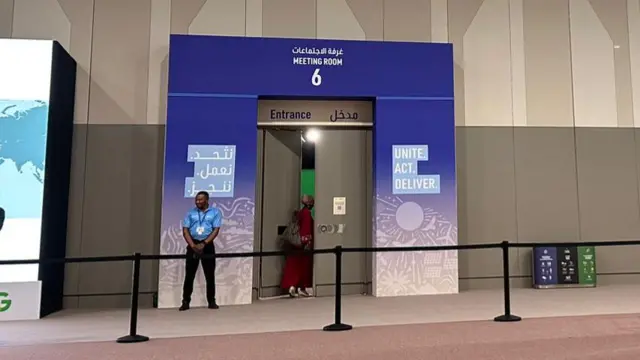The elephant in the room has been addressed, says Norwaypublished at 04:45 GMT 13 December 2023
 Esme Stallard
Esme Stallard
Climate reporter, at COP28
Country negotiating teams are starting to come into the Expo Centre here in Dubai ready for the final meeting - which we're told is in about 90 minutes (take that with a big handful of salt).
They've only had an hour with the new text so far, so some are telling us they need more time.
Norway's climate minister, Espen Barth Eide, is one of the first out the blocks with reaction:
Quote MessageIt is the first time that the world unites around such a clear text on the need to transition away from fossil fuels. It has been the elephant in the room. At last we address it head on."
Espen Barth Eide
Norway, which has large fossil fuel reserves, has previously been accused of hypocrisy by environmental groups for their stance on fossil fuels.
Although their production is predicted to decline, its government gave approval for 19 new oil and gas fields earlier this year.
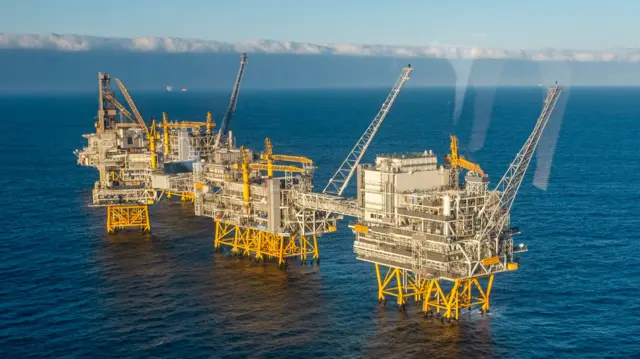 Image source, Carina Johansen/Bloomberg via Getty Images
Image source, Carina Johansen/Bloomberg via Getty ImagesNorway is one of the world's largest exporters of natural gas

